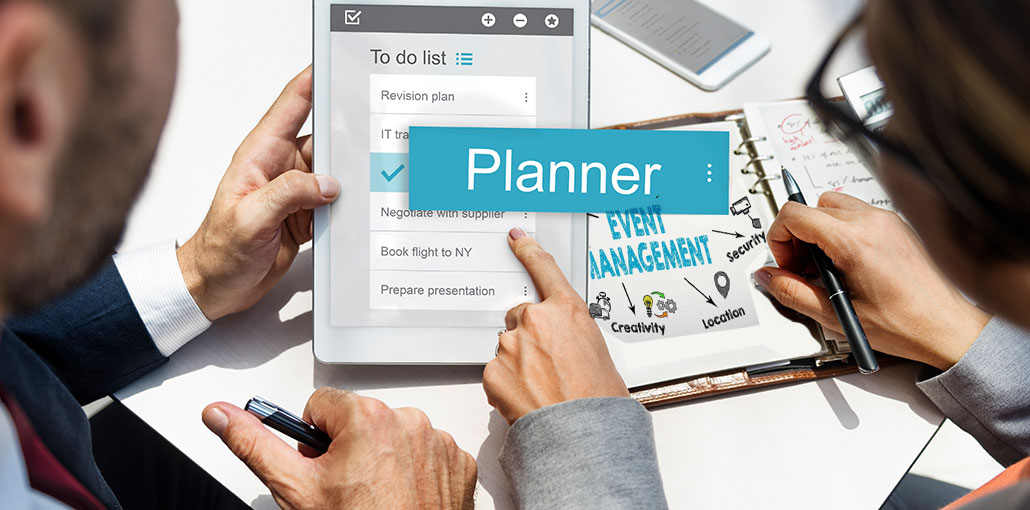In the last two years, event planners have overcome unprecedented challenges. In many cases, they had to reimagine how to plan and produce events and market them. Technology was the great equalizer that allowed people to meet, even though they were only able to do so from their homes or in small groups. In 2022, the world has opened up again, and in-person events and hybrid events are making an appearance. Event managers continue to rely upon tools to improve their event management efforts. Now, the challenge is to choose the best event marketing tools for your tech stack.
Even the most tech-savvy organizer can find it overwhelming. We have compiled a list of our top event marketing tools to help you promote your event. Let’s get started.
Four key reasons event marketing tools should be used
If you are looking for event technology to promote your conference or event, You want the right tools for your event. Event organizers use event marketing tools for many reasons.
- Organizers sell tickets and manage attendees’ registration: They use social media and other promotional tools to generate buzz about their events and drive potential attendees to the event registration pages.
- Collect rich attendee data: Inbound marketing tools, customer relationship management platforms, and registration data for attendees help organizers understand their audience demographics. They can then use this information to personalize event experiences, retarget ads and inform marketing campaigns.
- Stay organized: Event marketing tools that promote seamless communication and collaboration allow event teams to work together on registrations, promotions, and ticketing campaigns. They also track workflows, performance, and other aspects.
- overcome audience engagement: Event management software can help organizers overcome audience engagement problems. It helps them engage their attendees before and during the event. Gamification features can be used to promote your event, and event communities provide year-round engagement.
Also read: Metaverse Events of 2022 to Help You Understand How Big this Place Grows
7 best event marketing tools for event planners
1. Canva
Canva’s Drag-and-drop builders make any event organizer a skilled graphic designer. Designers can use thousands of pre-built templates to create professional-grade promotions such as social media ads, posters and event flyers, event swag and banners, mobile applications, and event swag.
Canva’s Pro version allows you to:
- Millions of stock photos, audio files, and videos are available.
- Upload your brand kit including colors, logos, and fonts.
- Invite more than one team member to collaborate.
- Premium design features such as templates, animation, background removal, and more are available.
- Unlimited files can be stored in the cloud
2. HubSpot
HubSpot’s powerful platform is used by all types of marketers, including event marketers, to improve their inbound marketing efforts and customer relationships. HubSpot’s marketing and sales tools, as well as content management and customer service tools, work together to capture every touchpoint in the customer journey.
HubSpot’s software is flexible enough to be used by event teams of any size. It offers an upgrade-as-you-grow model that allows users to start with the free version, and then purchase additional features as they need them.
Event marketers can use this free software to power their email marketing campaigns, track traffic, and convert to landing pages, as well as monitor conversions and other metrics. Paid licenses offer more advanced features such as ad-retargeting and lead generation, SEO marketing automation, custom reporting, multi-touch revenue attribution, and custom reporting.
3. Facebook (and other social media channels)
Event marketers use a variety of promotional channels. Social media continues to be highly effective in driving registrations and increasing awareness. You can digitally promote your event on social media for free (and you can protect your budget). A viral or clever post can often produce better results than a paid social media ad.
You should make sure you use social media channels that are closely aligned with your target audience. Facebook ads can reach older audiences more effectively than Instagram ads, but newer platforms such as TikTok and Instagram can make your promotions stand out to a younger audience.
4. Google Analytics
To be able to create a successful marketing campaign, you need to understand your audience. Google Analytics gives you deep insights that will help you better understand your attendees. Google Analytics allows you to track page views, determine demographics, and track registrations. You can also monitor the effectiveness of your email campaigns, track conversions, and see where people are dropping out in the sales funnel.
This rich data allows you to adapt promotions and monitor them in real-time to optimize your marketing efforts.
Also read: Top 10 Live Streaming Apps for Events
5. Asana
Events teams must manage what seems like millions of tasks and processes behind the scenes. These include advertising and promotion, building the show, and coordinating of roles and responsibilities. Asana is a project management software that’s user-friendly that makes it easier to keep everyone on the same page, so you can reach your event planning goals and meet deadlines.
Asana allows you to quickly assign tasks to your event team members, switch between multiple views (including Gantt chart or Kanban board), track workflows, and view performance metrics all from one calendar.
6. Swag.com
It’s impossible to host an event without swag. We saw smart event organizers take their swag game up a notch with the pivot to virtual events and hybrid events. Swag.com allows you to customize and make your event swag more personal. You can choose from name-brand products (not cheap stuff that you see at events), and a variety of brandable apparel, tech products, and drinkware.
Swag.com is a great distribution platform for hybrid events. It allows you to send event merchandise to one location or to thousands of locations simultaneously. This means that you can ship swag boxes to each of your virtual attendees’ homes, ensuring They have the same event experience that they had as those who were there. You will leave a lasting impression.
7. Webex Events
Webex Events is an event management platform that was created by event organizers. It seamlessly integrates attendee registration, management, audience engagement, and sponsorship. Lead retrieval and flexible streaming capabilities are all possible from one solution that supports both in-person and virtual events.
You are a busy event professional with many responsibilities. To reach out to attendees, you don’t need to leave your event platform. Webex Events’ email feature allows you to send and schedule emails directly from your platform to attendees before, during, and after your event. This is a great way for you to keep ahead of any questions and create excitement before the event starts.
Webex Events knows that event marketing is dependent on data. Webex Events’ email feature allows you to export metrics such as opened, delivered, clicked, unsubscribed, and blocked emails.










Leave a comment